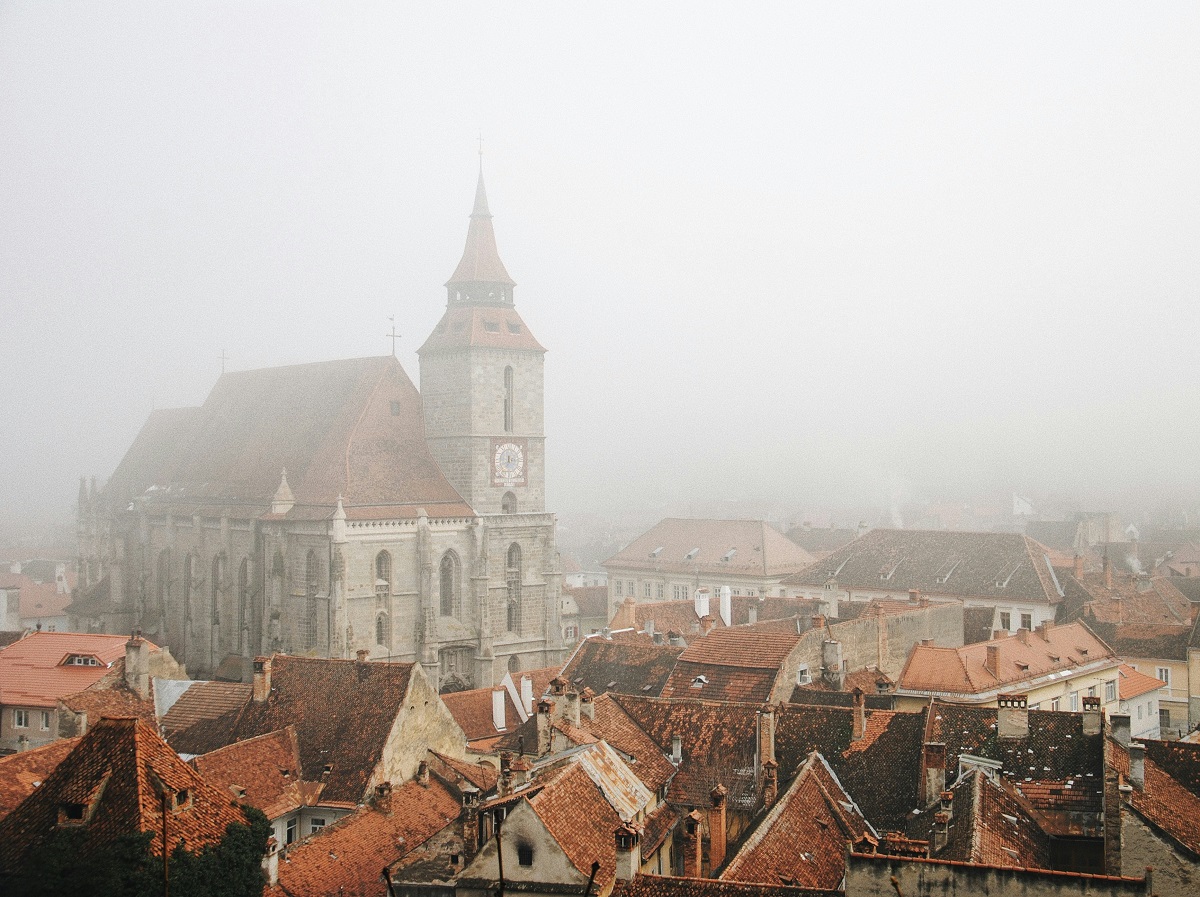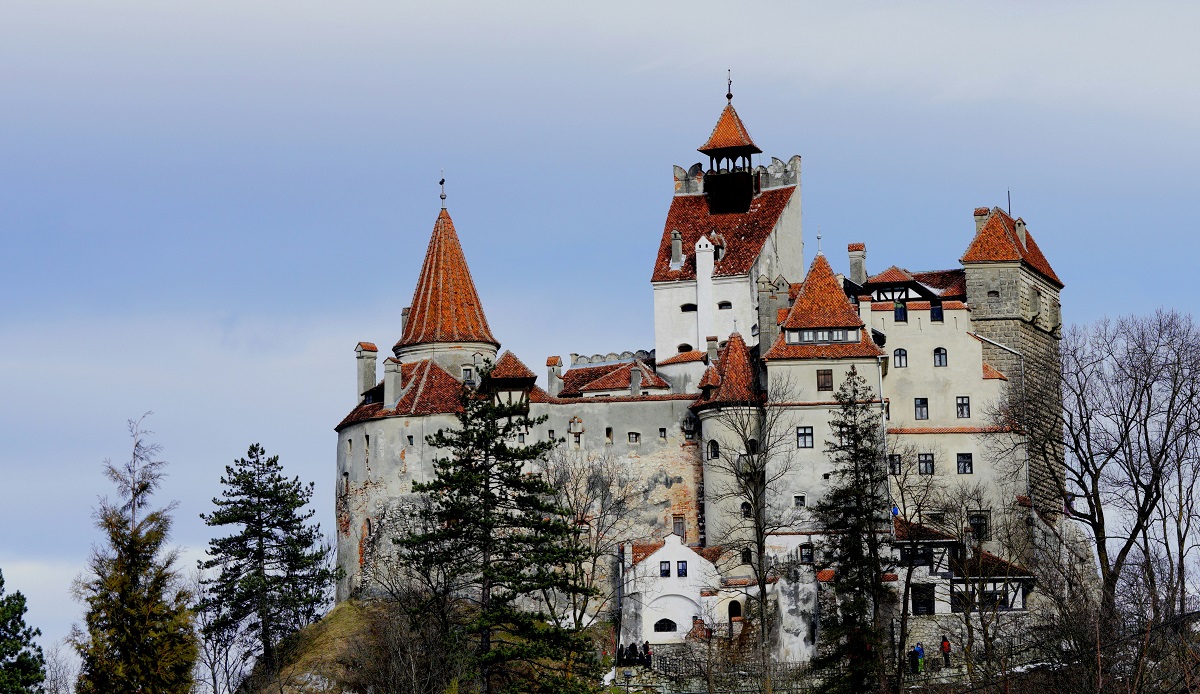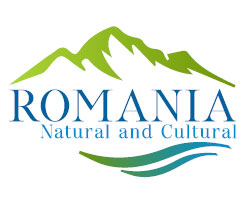Being an international student in Romania offers a remarkable chance to advance your education and immerse yourself in its culture and language. As an international student, grasping the Romanian language and understanding its cultural aspects can transform your experience and help you connect more deeply with the country and its people.
While mastering a new language might seem daunting, consider it part of your exciting academic adventure.
You can also rely on an essay writer online
to help you carve out more time to engage with Romanian culture while your academic tasks will be taken care of.
This can ease your transition.
The tips below will make your study abroad experience not only more manageable but also more enriching.

Understanding the Basics of the Romanian Language
Brief History and Origin of the Romanian Language
Romanian, known as limba română, is a vibrant thread in the fabric of Romance languages.
It originated from Latin, brought by the Roman Empire's conquest of the area.
Over the centuries, it has evolved and been influenced by neighboring Slavic languages, Greek, Turkish, and Hungarian,
which adds to its unique phonetics and vocabulary. Today, it is the official language of Romania and Moldova.
Latin Roots and Similarity to Other Romance Languages
Romanian is fascinatingly similar to Italian, Spanish, Portuguese, and French, thanks to its Latin roots. So, if you've already learned one of these, you're in luck! You'll likely recognize patterns in grammar, syntax, and vocabulary. These connections make Romanian not only an accessible language for Romance language speakers but also a bridge to understanding other cultures of the same linguistic family.
Cultural Insights for International Students
Navigating Romanian culture requires an understanding of its social customs and traditions,
which are steeped in history and regional diversity.
Romanians are known for their hospitality, especially in rural areas with more prevalent traditional lifestyles.
It's common to be greeted with warmth, often with a handshake for men or a kiss on the cheek for women.
Moreover, punctuality is appreciated in Romania, particularly in academic and professional settings.
While casual social gatherings may allow for more flexibility, it's a good practice to arrive on time or inform your host of any delays.
Practical Language Learning Tips
Diving into a new language can be as thrilling as your first solo travel adventure. Imagine being able to order your coffee, chat with locals, and understand lectures in Romanian. It's all about having the right tools and putting what you've learned into practice.
Language Learning Resources
- Apps: Start with apps like Duolingo or Babbel, which are great for beginners and offer lessons on the go.
They're like having a tiny tutor in your pocket, perfect for squeezing in a quick lesson between classes. - Books: Look for textbooks that can teach you vocabulary alongside cultural reflections.
"Teach Yourself Romanian" is a comprehensive guide that covers the basics and more, which is ideal for getting a good grip on the language. - Websites: Websites like RomanianPod101 provide interactive audio and video lessons that are engaging and educational.
They're like your virtual classroom, accessible anytime you need a language fix. - Local Classes: Check if your university offers Romanian language courses.
These are invaluable for structured learning and provide the added benefit of earning academic credits.
Practice Strategies
- Language Tandems: Partner up with a Romanian buddy who wants to learn your language.
This way, you can teach each other your native tongues in a win-win setting. - Join Local Clubs: Get involved in clubs or societies that focus on Romanian culture or language.
It's a fun way to learn and meet people with the same interests. - Volunteering: Volunteer for local community services where you can practice Romanian.
Whether helping in a community center or a local event, it's a fantastic way to immerse yourself in the language and do some good at the same time.

Engaging with Romanian Culture
Immersing yourself in Romanian culture is like unlocking a treasure chest of experiences that will enrich your understanding and appreciation of this vibrant country.
Participating in Local Events
Romania is a country that loves its festivals and public celebrations.
From the colorful spring festival of Mărțișor to the vibrant autumn harvest festivals, there's always something happening.
To truly connect with the culture, join in these local festivities.
Attend the famous George Enescu Classical Music Festival in Bucharest if you're into music
or the medieval festivals in Transylvania to step back in time.
Participating in these events
gives you a firsthand experience of Romanian traditions and the warm hospitality of its people.
Cultural Immersion
To deepen your cultural immersion, make sure to visit Romania's many historical sites and museums.
The castles of Transylvania, such as Bran Castle, often linked to the legend of Dracula, show Romania's medieval history.
Museums like the National Museum of Art of Romania in Bucharest showcase vast collections of Romanian and international art
that tell the story of a nation through its creativity.
Also, engage in traditional activities such as pottery-making or folk dancing workshops—these experiences
not only allow you to learn new skills but also connect with the old ways of Romanian life.
Conclusion
Embarking on the journey to learn the Romanian language and culture is an adventure that promises to be as enriching as it is educational. By embracing both the language and the vibrant traditions of Romania, you open up a world of opportunities for personal growth and unforgettable memories.
Author Biography
Сontent writer Nicole Hardy is celebrated for her detailed and thoughtful journalism within the realms of education and the arts, with a special emphasis on performing arts education. Over the course of her decade-long career, Hardy has earned a reputation as a trusted expert in her field. Her writing is marked by thorough analysis and a captivating style of storytelling. She earned her Master's degree in Journalism from the University of Arts, with a focus on arts and culture journalism.


